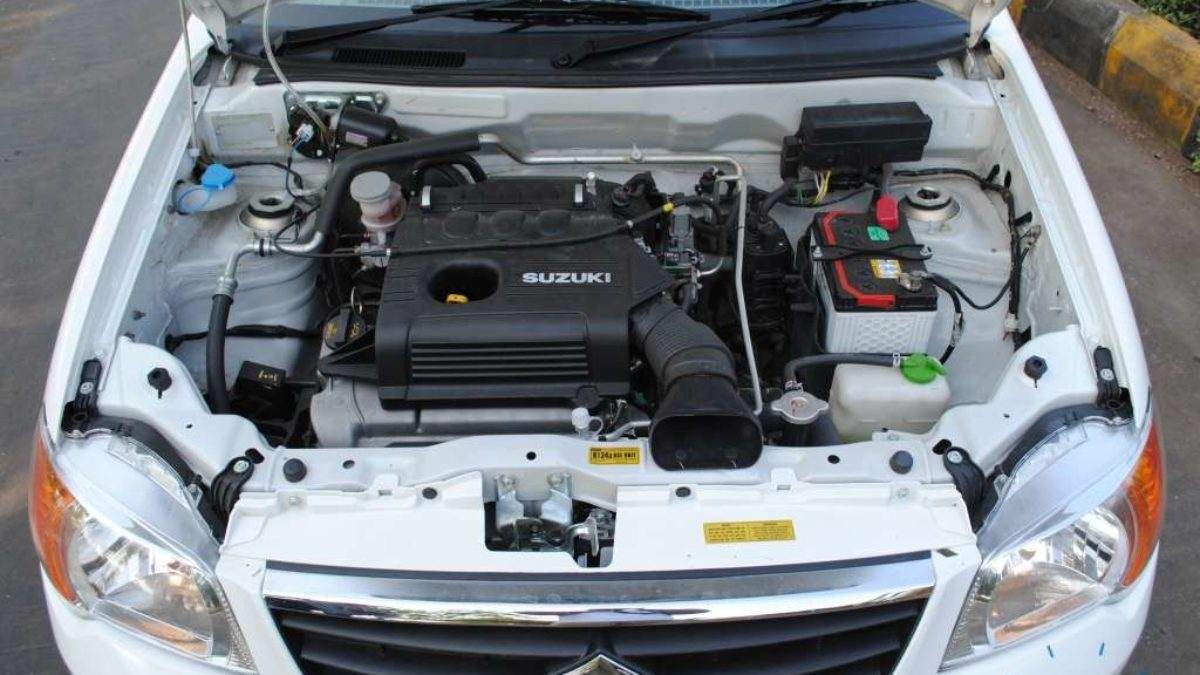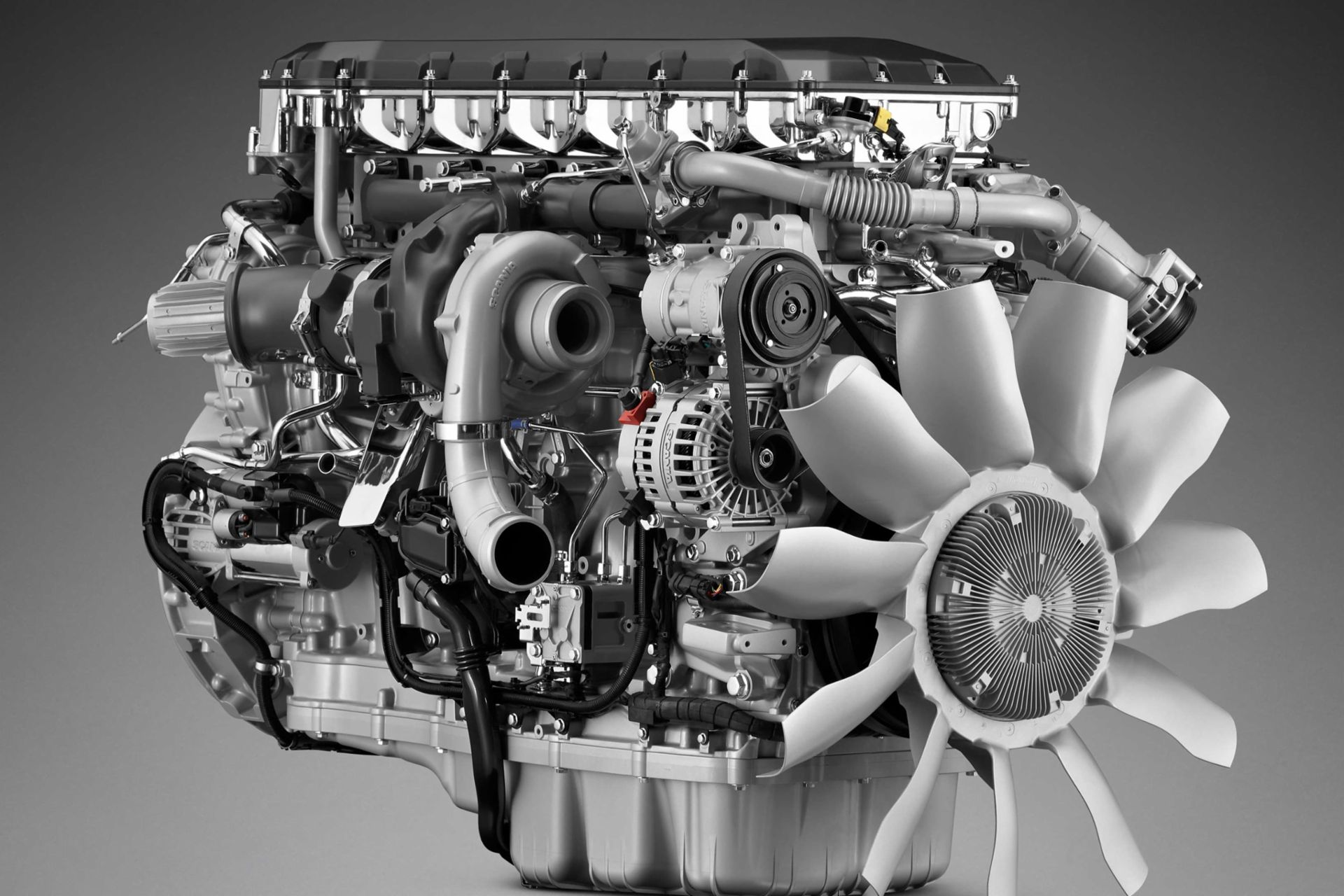Discover Engines for Africa at Our Comprehensive Car Parts Store
The Impact of Innovative Engine Technologies on Energy Effectiveness and Environmental Sustainability
In the world of transportation and industrial machinery, the continual mission for boosted power efficiency and decreased ecological influence has led to considerable advancements in engine innovations. From the gradual change in the direction of electrical and hybrid systems to the assimilation of turbocharging for boosted effectiveness, the landscape of engines is advancing rapidly.
Advancement of Engine Technologies
The development of engine innovations over the years has been marked by regular innovation and refinement in search of enhanced efficiency and effectiveness. From the very early days of interior burning engines to the cutting-edge hybrid and electrical powertrains these days, the development of engine technologies has actually been driven by a ruthless mission for boosted gas effectiveness and lowered exhausts.
One considerable landmark in this evolution was the growth of turbocharging and direct shot systems, which dramatically boosted engine power outcome while improving gas performance. These technologies enabled smaller sized, more lightweight engines that can supply the performance of bigger ones without endangering on efficiency.
In addition, improvements in products science have caused the extensive adoption of lightweight products such as light weight aluminum and carbon fiber in engine building and construction. This has not just lowered total lorry weight but has likewise enhanced engine performance by decreasing power losses related to inertia and friction.
Advantages of Electric and Crossbreed Equipments
With the expanding emphasis on sustainability and power effectiveness, what advantages do electric and hybrid systems provide in the world of engine innovations? Electric and hybrid systems existing many advantages that add to a much more energy-efficient and lasting future. Among the key benefits is the significant decrease in greenhouse gas discharges compared to standard interior combustion engines. Electric cars create no tailpipe emissions, causing improved air high quality and minimized ecological influence. Additionally, hybrid and electrical systems are a lot more energy-efficient, transforming a greater portion of kept energy right into propulsion compared to standard engines. This performance leads to lower energy consumption and operating expenses over the automobile's life time. Electric cars offer regenerative braking systems that record and store power typically lost throughout braking, further enhancing power efficiency (engines for africa). Crossbreed systems integrate the benefits of electrical propulsion with the versatility of a burning engine, offering prolonged driving ranges and reducing range anxiousness for consumers transitioning to electrical automobiles. In general, electric and hybrid systems play an important duty ahead of time power effectiveness and ecological sustainability in the transportation market.
Turbocharging for Improved Efficiency
Turbocharging jobs by utilizing a turbine to compel more air right into the combustion chamber, allowing for far better gas combustion and enhanced power result without a substantial boost in engine size. By making the most of the efficiency of the burning process, turbocharged engines can accomplish enhanced gas economic climate and reduced exhausts, adding to environmental sustainability. The prevalent adoption of turbocharged engines in both gasoline and diesel vehicles demonstrates their effectiveness in stabilizing performance, efficiency, and environmental effect.
Utilizing Different Fuels
Using alternate gas presents an encouraging avenue for decreasing carbon exhausts and diversifying the energy resources made use of useful content in transport. As the globe strives to fight environment modification and lower dependency on nonrenewable fuel sources, alternative gas have gotten substantial attention for their potential environmental and financial benefits.
Biofuels, such as ethanol and biodiesel, are originated from eco-friendly sources like corn, algae, and sugarcane, supplying a cleaner burning choice to conventional gas and diesel. These gas can be combined with existing oil gas or made use of in dedicated engines, supplying a pathway to lower greenhouse gas discharges and enhance air quality.
Additionally, hydrogen gas cells have actually become an encouraging technology for zero-emission transportation. engines for africa. By transforming hydrogen gas right into power to power electric motors, fuel cell vehicles produce only water vapor as a byproduct, eliminating damaging tailpipe discharges completely
In enhancement to reducing carbon emissions, different gas can likewise improve energy safety and security by diversifying the gas mix and lowering reliance on imported oil. Embracing different fuels in transportation is an important step in the direction of accomplishing a much more ecologically friendly and sustainable future.

Ecological Benefits and Future Potential customers
The ecological advantages of alternative fuels and their possibility for long-lasting sustainability are essential factors to consider in the change towards cleaner power resources. Alternate fuels, such as biofuels, hydrogen, and power, deal substantial environmental benefits compared to traditional nonrenewable fuel sources. These fuels produce reduced degrees of greenhouse gas emissions, reducing air pollution and mitigating climate change influences. Additionally, alternate fuels can aid branch out power resources, boosting energy security and lowering dependence on finite sources.
The future prospects for alternative fuels in the transportation market are promising. Advancements in innovation proceed helpful resources to boost the performance and cost of different gas vehicles, making them more available to consumers. Federal governments all over the world are also executing plans to incentivize the fostering of alternate fuels, even more driving their development. As research and development initiatives increase, the capacity for even greener and more sustainable gas alternatives boosts, leading the way for a cleaner and extra eco pleasant transportation sector. By accepting alternative gas and cutting-edge innovations, the path towards a more sustainable future comes to be increasingly possible.

Verdict
In verdict, innovative engine innovations have played a vital role in boosting energy efficiency and promoting environmental sustainability. The development of engine modern technologies, fostering of hybrid and electrical systems, utilization of turbocharging, and exploration of different gas have all added to enhancing and minimizing discharges effectiveness.
In the realm of transportation and industrial their website equipment, the continual pursuit for boosted power effectiveness and decreased environmental impact has actually led to considerable advancements in engine technologies. Turbocharging works by using a turbine to compel even more air into the burning chamber, enabling for much better fuel burning and raised power outcome without a considerable increase in engine dimension. By taking full advantage of the efficiency of the burning process, turbocharged engines can achieve better fuel economy and lowered discharges, contributing to ecological sustainability. Different fuels, such as biofuels, hydrogen, and electricity, deal significant ecological benefits compared to standard fossil fuels. The advancement of engine innovations, adoption of electrical and hybrid systems, application of turbocharging, and exploration of alternate fuels have all added to decreasing exhausts and enhancing effectiveness.